Ultra-pure water is used as a rinsing agent and ingredient where contaminants can damage the health of users or machinery. It refers to water that’s been cleared of all contaminants, including dissolved solids, organic and inorganic matter, and gasses. It’s most commonly known for its use in the pharmaceutical and semi-conductor industries, but several other sectors rely on it just as much.
What Industries Require Ultra-Pure Or Very Clean Water?
Topics: Water Purification Solutions
6 Questions To Ask A Water Purification Specialist Before Purchasing A New Water Purification System
Every industry has a regulated set of standards for water quality and use. Your purification system must be able to cope with your ultra-pure requirements as well as it does your reclamation process and waste water management system, so it’s important to ask the right questions of your filtration expert.
Topics: Water Purification Solutions
If you run any kind of water-driven or cooled industrial system, you'll need to be aware of the risk of your machine becoming infected with waterborne contaminants. At Wychwood Water, we offer both filtration and preventative treatment solutions to stop this happening.
Topics: Industrial Water Treatment, Water Purification Solutions
How Do I Identify, Treat, & Prevent Bacterial Contamination In Process Water In 3 Easy Steps?
While it isn't usually considered the most obvious vector for microbial contamination, process water (which is any water used in industrial processes such as cooling, manufacturing, forming, or washing) can easily become infected with dangerous bacteria. Contaminations can carry onto processed objects and industrial equipment, risking infections amongst your employees, customers, or livestock. You're much more likely to notice an infection from industrial equipment that powers direct contact water appliances such as spa pools. Here's how you can prevent bacterial contamination of process water in three easy steps.
Topics: Water Purification Solutions
Pure water is attractive and delicious, and contemporary filtration methods are more powerful and versatile than ever before, achieving both purity and taste without demanding much technical knowledge of their users. The days when you needed a system for every filtration method are over. Commercial water filters often combine two or more techniques in a single tank, so your purification is much more than a process. It’s a strategy.
Multi-media water filters are significantly more efficient than single-media tanks. By relying on density and stratification, a single tank can achieve soft, safe drinking water, and many of today’s manufacturers will engineer a set of cartridge elements to suit your needs precisely. That said, filtration mediums themselves haven’t changed much over the years. Distillation, reverse osmosis, carbon, and UV light systems remain the core approaches in use today. They’ve improved, certainly, but their methods are the same.
Topics: Water Purification Solutions
How The UK Achieves Some Of The Safest Drinking Water In The World
The UK’s drinking water is sourced from a huge range of rivers, canals, and underground reservoirs. Its water purification strategy thus needs to be multi-pronged, addressing each source’s challenges on a day-to-day basis. UK tap water is, nonetheless, one of the purest in the world. England, Wales, and Scotland all achieved nearly 100% quality compliance in 2018, but safety isn’t enough. Local water must also be free of safe organisms that mar its taste and clarity. It must also be rich in important minerals that are difficult to source through a healthy diet.
Topics: Water Purification Solutions
Water filtration systems are excellent ways to offer water quality guarantees. They can also protect equipment, and are a required step in treatment processes. Many companies wonder whether the time and effort is worth it, and question what is involved.
Topics: Water Purification Solutions
Finding The Best Water Treatment Method For The Pharmaceutical Industry
Water is one of the pharmaceutical industry’s most important commodities. It’s used to create excipients, synthesise ingredients, produce finished drugs, and clean equipment. Each phase of production has its own water quality standards, particularly as they relate to microbiological content. The European Pharmacopoeia regulates water purification according to its use, and laws were tightened up in 1999 when global interest groups expressed concerns about the use of reverse osmosis to purify water for injections. Today, water grades are divided into three broad categories: water for injections, purified water, and highly purified water. These don’t include potable water, which is regulated by its own national authorities.
Topics: Water Purification Solutions
Water Purification Methods & Standards For Pharmaceutical Production
Process water purification is critical in the pharmaceutical industry at every phase of production, from pre-treatment to injection, storage, and distribution. H2O is one of the most adaptable solvents, but its chemistry varies enormously from source to source. It needs rigorous purification that removes particles, organic and inorganic substances, dissolved gases, and microbes. Fortunately, purification methods have evolved alongside rising laboratory and commercial needs.
Topics: Water Purification Solutions
Just as we recycle plastics, glass, and clothes, we can also recycle rinse water used for a range of industrial purposes. By reusing industrial process water in house, companies can protect the environment from water-borne toxins absorbed during the process.






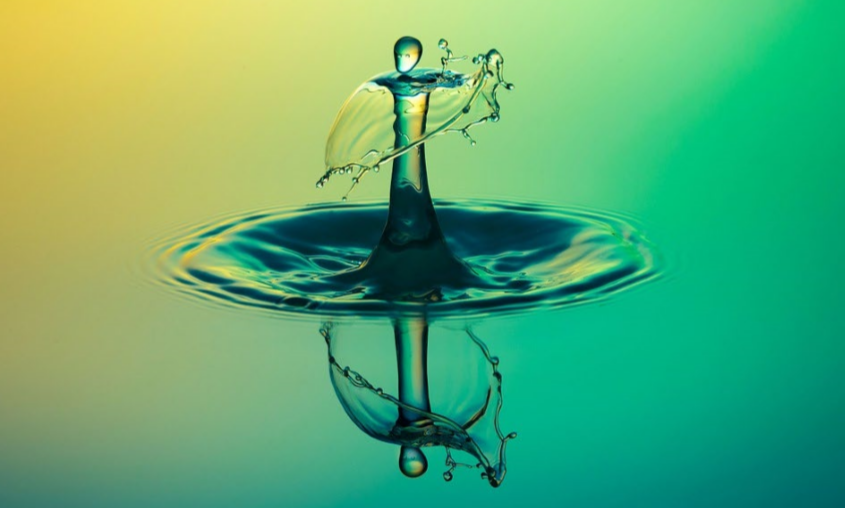

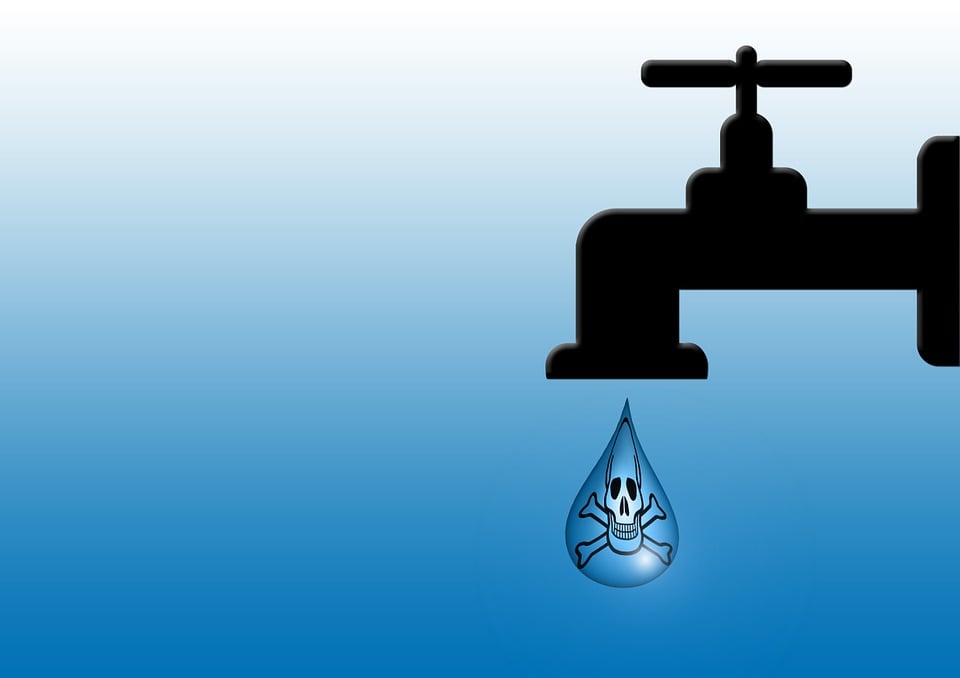
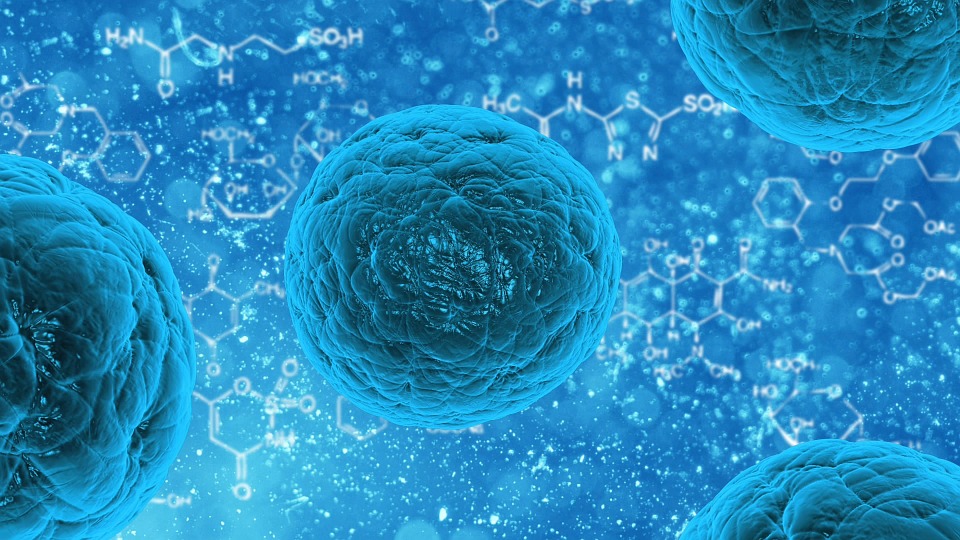
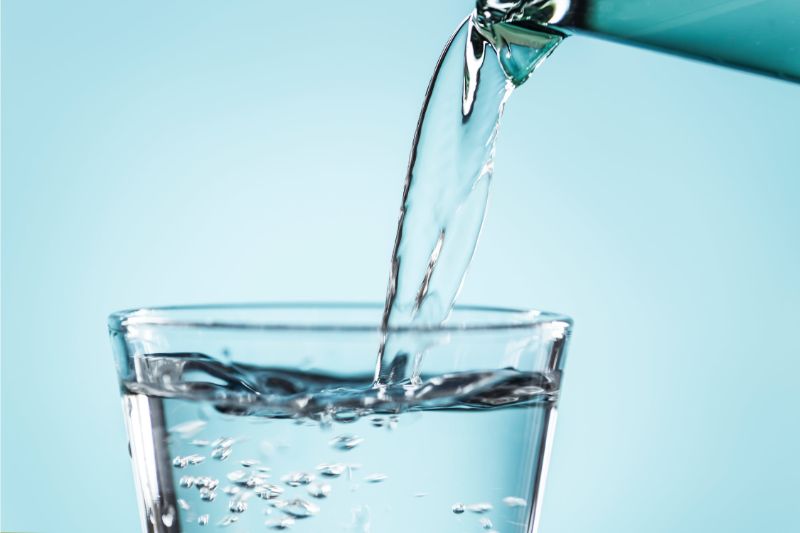
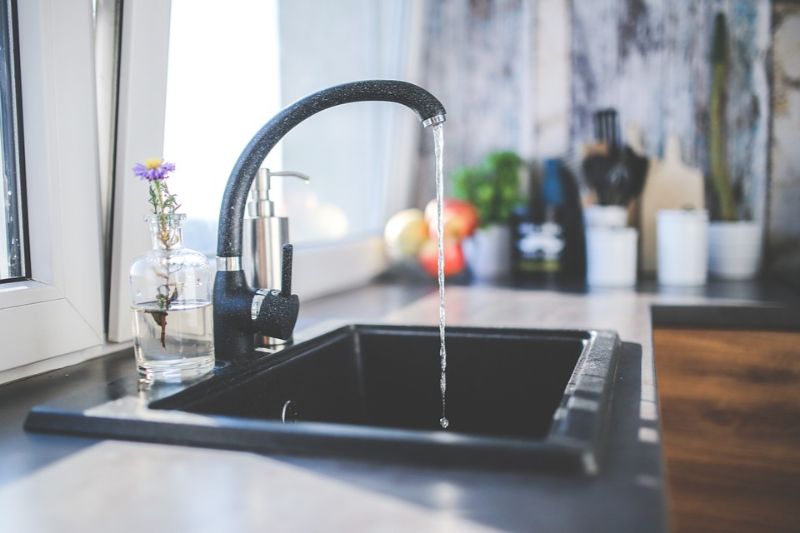
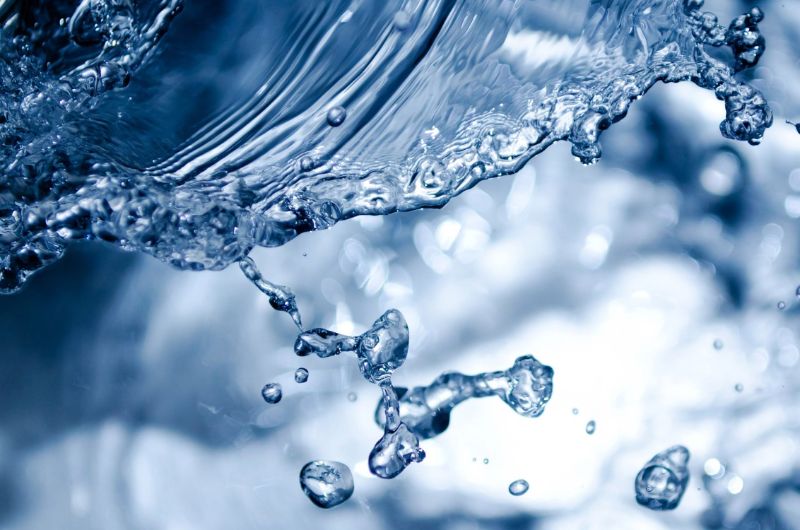
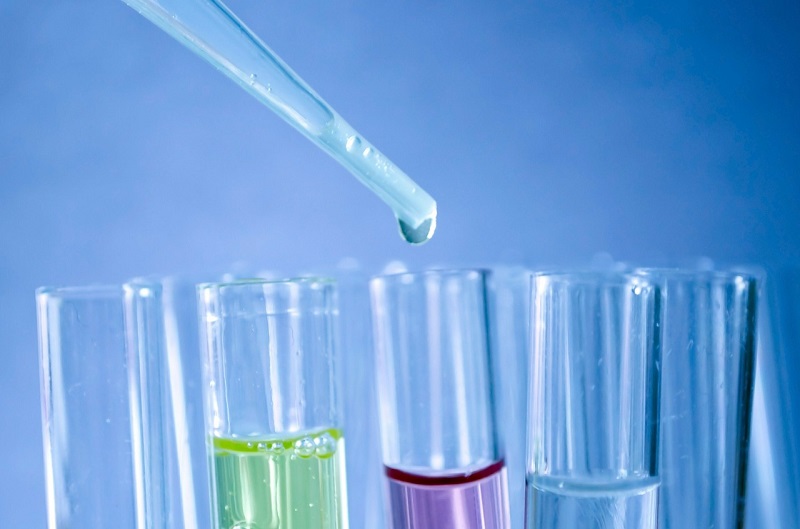
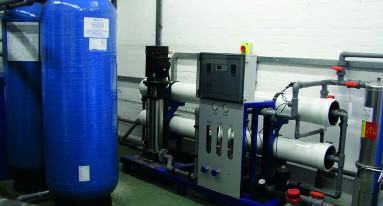

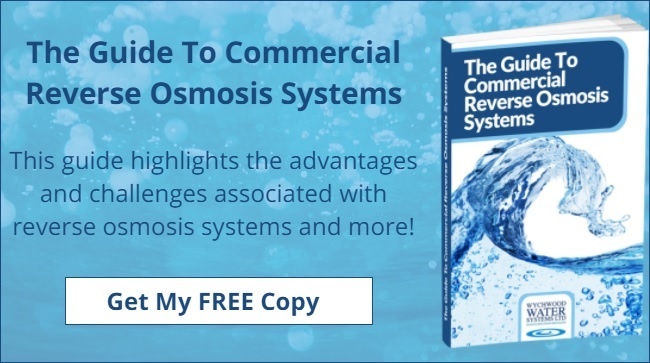
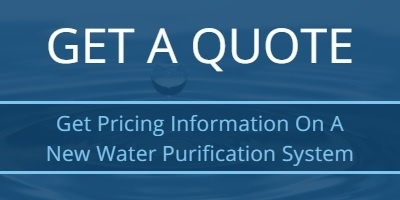
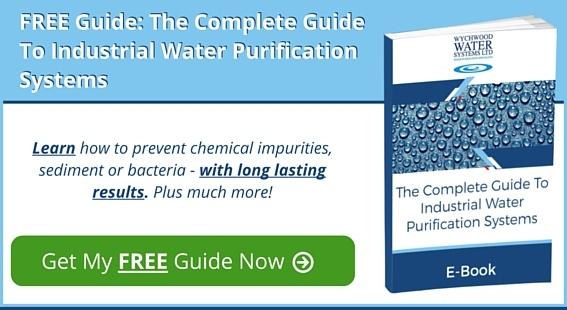
 We are a specialist independent company involved in water purification and water treatment technologies
We are a specialist independent company involved in water purification and water treatment technologies


